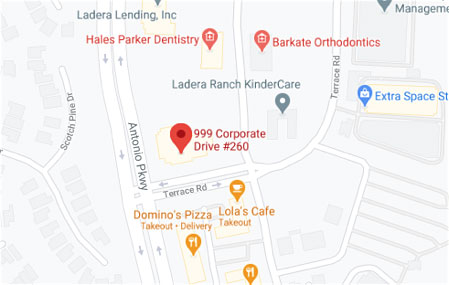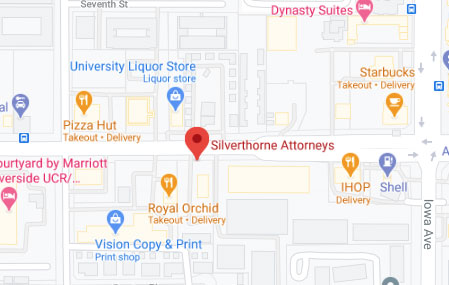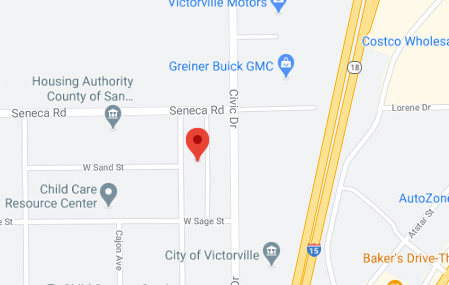While car accidents in other states happen with less frequency than in a person’s own state, the unfamiliarity with the surroundings can add to the sense of panic and shock experienced after any car accident. Understanding how to handle a car accident in a different state may help you avoid costly mistakes.
What Should You Do When the Accident Happens?
Car accidents in other states should be treated the same way as car accidents in your own state. You should follow these steps immediately after an accident.
- Call 911
- Seek medical attention, either from the medical professionals in an ambulance, an emergency room, or your physician as soon as possible
- Contact your insurance company, even if the accident occurred out of state
- Collect the other driver’s insurance card, license plate number, and contact information
- Collect the contact information for any witnesses, if applicable
- Take pictures of the scene of the accident if possible, and of any injuries, you may have suffered
- Keep records of all medical bills, lost wages, and a diary of your pain and suffering
- Never sign anything from the insurance company regarding a settlement offer unless you have first visited with an experienced car accident attorney
- Contact an Orange County car accident lawyer today
Understanding Car Insurance Coverage
The first thing to understand is that your car insurance will cover you no matter where you have an accident in the United States. In fact, many car insurance policies cover not only the United States but also any territory or possession of the United States and any province or territory of Canada. However, before you travel to any of these areas (or Mexico or Central America) make sure to read and understand your policy’s specific limits regarding these areas.
Filing A Claim With Insurance In A Different State
If your car accident was due to another driver’s negligence in another state, you should understand that you will be required by the state in which you are driving to comply with all car insurance requirements of that state and not the state in which you live. However, most insurance companies have dealt with this issue within their policies and this should not pose too great of a legal issue for you.
In fact, if you are the negligent party in the car accident, you still should not worry about your insurance policy coverage. For example, if the legal minimums of car insurance coverage are different in the state you are driving in from your home state if you are in an accident your liability limits will automatically match the state requirements in which you had an accident.
As long as you have sufficient automobile insurance in your own state, and the claim falls within the guidelines of your insurance policy (not the state’s insurance policy you had the accident in) you should not have any difficulty receiving compensation if you were not at-fault for the accident. If you were at-fault for the accident, the specific state law will determine the amount of compensation you may receive.
Reporting an Out-of-State Accident
As previously stated, if you are in an accident in another state, you should handle it the same way as if you were in your home state. Contact your insurance company or agent and report your claim as accurately as possible. If you need to have your vehicle towed, or your vehicle is in need of serious repairs, check with your insurance company to see if those services are covered.
Understanding No-Fault State Insurance Systems
No-fault insurance states require every driver to use their own insurance to pay for their injuries and damages related to the car accident, whether they were at fault for the collision or not. The states that follow no-fault insurance systems are Florida, Hawaii, Kansas, Kentucky, Massachusetts, Michigan, Minnesota, New Jersey, New York, North Dakota, Pennsylvania, and Utah. States that do not have a no-fault insurance system will allow the injured victim of the accident to directly sue the other driver’s insurance.
California is not considered a no-fault insurance state, and therefore any person in an accident in the state of California will be able to pursue compensation from the other negligent drivers’ insurance company.
Comparative Fault and Contributory Negligence
Different states follow different rules and laws regarding negligence. An investigation will determine which driver, or drivers, were negligent and at fault for the accident. Depending on the state, you may or may not be able to receive compensation for your injuries and losses if you were at all determined to be at fault for the accident.
- Pure Comparative Fault. States that follow this method allow the injured driver to collect damages from the other driver, even if they were partially at fault. The amount of damages is determined by the percentage the driver was at fault. For example, if an investigation determines that you were 30% at-fault for the accident, you will be able to receive 70% of the damages awarded.
- Modified Comparative Fault. States that follow this method state that the driver must be less than 50% at fault for the accident or they are not able to collect any damages or compensation at all from the other at-fault driver.
- Contributory Negligence. States that follow this method will not allow a driver to receive compensation for his injuries no matter the percentage they were determined to be at fault. Therefore, if a driver is determined to be even 1% at fault for the accident, they will not be able to receive any compensation for their injuries or losses.
Contact an Experienced Car Accident Attorney
If you were in an out-of-state car accident, contact Silverthorne Attorneys today. If you are from out-of-state and had a car accident in the state of California, please contact our experienced car accident attorneys to help you with your case. Our knowledgeable and skilled personal injury lawyers help countless car accident victims recover the compensation for their injuries. For a complimentary consultation of your case, contact us at (949) 234-6034 or online today.












